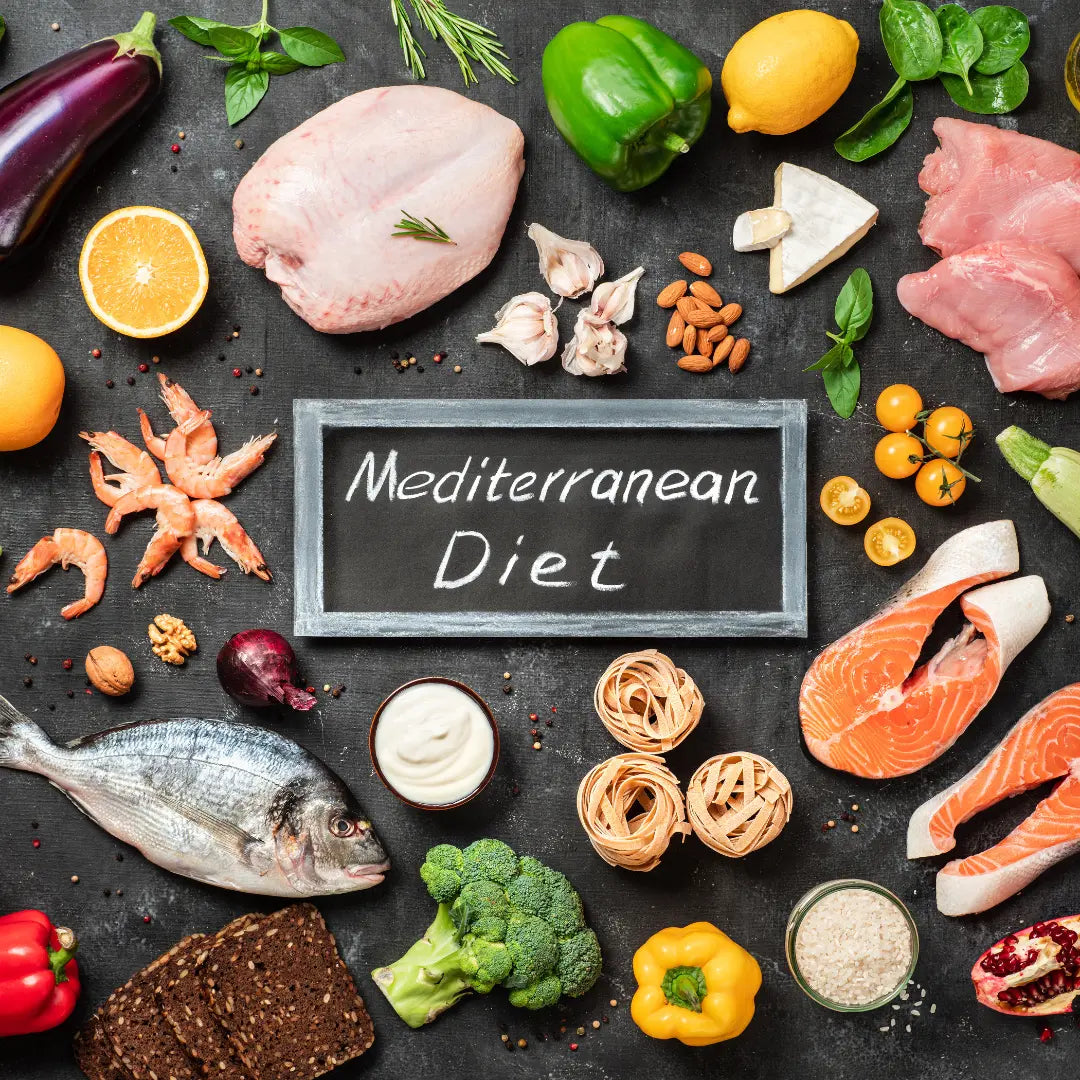Proper nutrition is essential for a good quality of life and for aging well.
Health, in fact, is conquered and preserved above all at the table, learning the rules of healthy eating from an early age.
The traditional Mediterranean food model is considered today all over the world to be one of the most effective for health protection and is also one of the most varied and balanced known. Among other things, the Mediterranean Diet on 17 November 2010 entered the UNESCO list of intangible cultural heritage of humanity, after the candidacy advanced by Italy, together with Spain, Greece and Morocco.
An important acknowledgment for a tasty but also healthy type of food.









